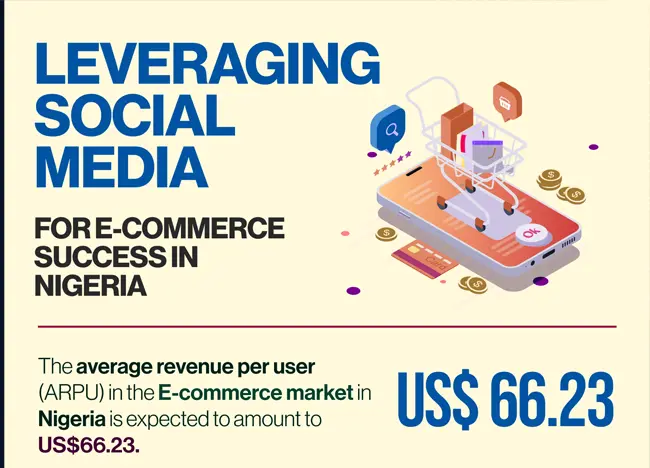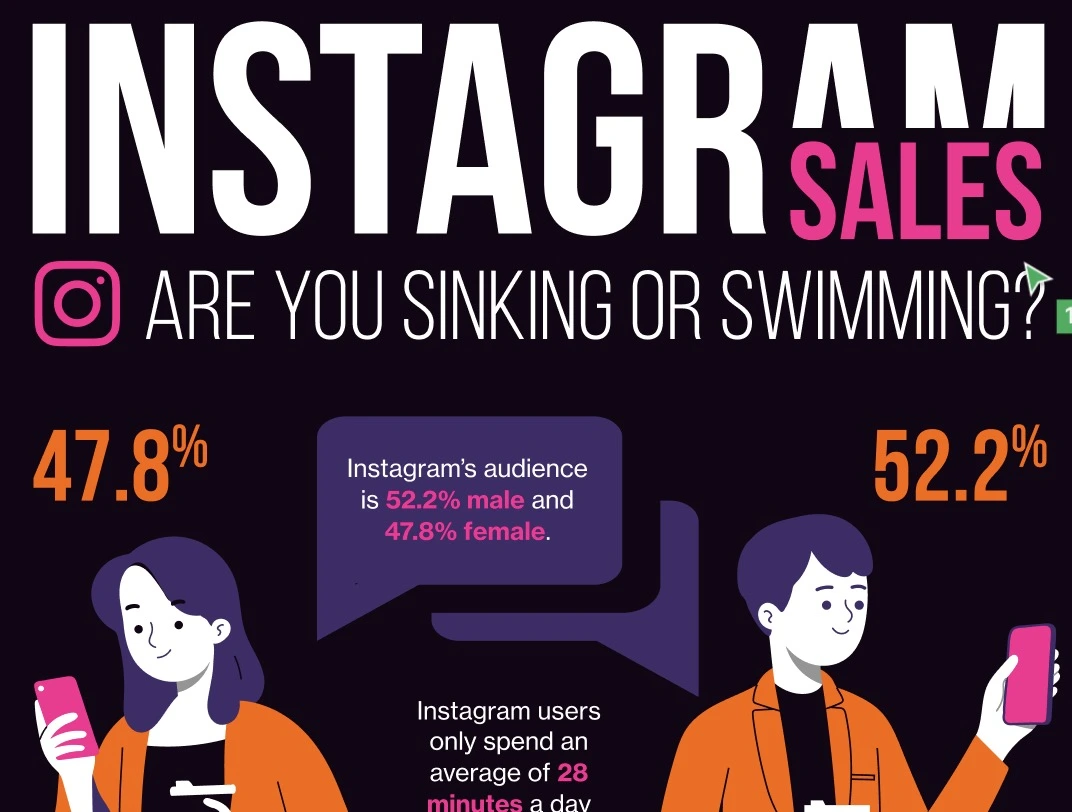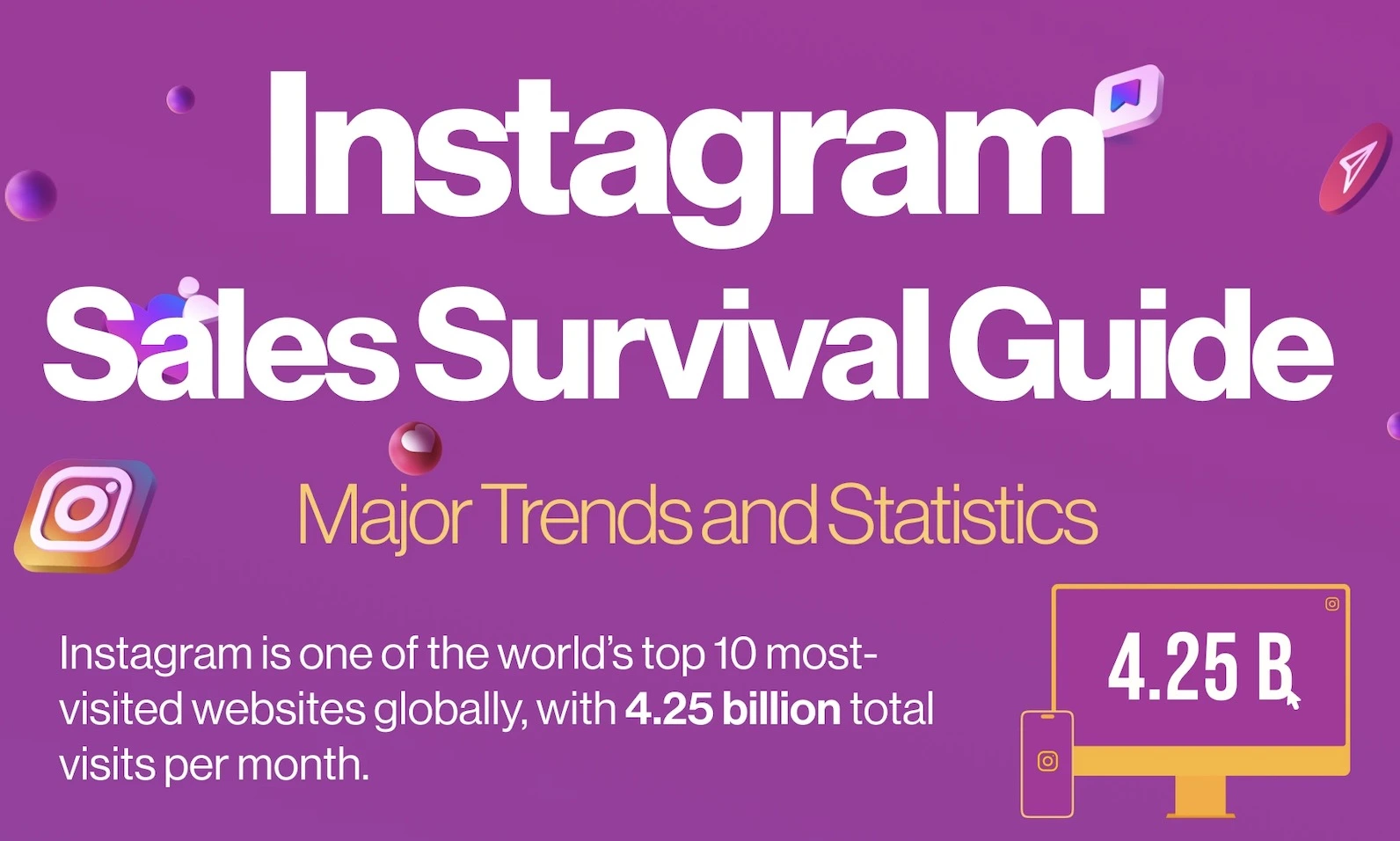Introduction
Social media has become an integral part of people's lives across the globe, and the Middle East is no exception. The Middle East has witnessed significant growth in its digital landscape in recent years. With increased internet penetration, the use of social media platforms has become more prominent than ever. In this article, we will explore the statistics and trends of social media usage in the Middle East for the year 2023, shedding light on the platforms people prefer and how businesses are leveraging this digital landscape for growth.
Related: Social Media Trends In 2022

Infographics by GO-Globe Social Media
Social Media Platforms in the Middle East
- Facebook Messenger
- Snapchat
Related: 5G, Telecommunications And Internet In Bahrain
Trends in 2023
E-commerce on Social Media
The Middle East is witnessing a surge in e-commerce on social media platforms, with businesses using them as virtual marketplaces.
Influencer Marketing
Influencer marketing is on the rise, with influencers across various niches collaborating with brands for promotions.
Video Content
Video content, especially short-form videos, is becoming increasingly popular, with platforms like TikTok gaining ground.
Localized Content
Creating content in the local language is a trend as it helps businesses connect with their audience more effectively.
The Impact on Businesses
Customer Engagement
Businesses in the Middle East are using social media to engage with their customers, gather feedback, and offer personalized experiences.
Brand Awareness
Social media is a powerful tool for building brand awareness and recognition in the region.
Sales and Lead Generation
Many businesses are using social media platforms to drive sales and generate leads.
Social Media Usage in Middle East: Facts, Figures and Statistics in 2023
The Middle East is a market leader in social media use. Multiple countries in the Middle East and North Africa (MENA) region rank above the global average in terms of the percentage of the population using social networks.
Five MENA nations can be seen in the Top 10 for take-up of social networks.
- UAE - 1st - Ranked top with over 100%
- Bahrain - 2nd, 98.7%
- Qatar - 3rd, 96.3%
- Lebanon - 6th, 90.5%
- Oman - 7th, 90.5%
- South Sudan has one of the lowest levels of social media use. Less than 5% of the population (4.3%), some 470,000 citizens in a country of nearly 11 million people, use social media.
- Five MENA nations - UAE, Saudi Arabia, Turkey, Israel and Morocco - all rank above the worldwide average of 59.3%.
- Egypt, the region’s most populous nation, is still some way off this level of adoption. Under half (44.5%) of the country’s 112 million inhabitants are currently social.
- On a monthly basis, the average number of social media platforms harnessed by internet users in 2023 aged 16-64 was 8.2 in UAE, 7.9 in Saudi Arabia, 7.6 in Turkey and 7.2 social networks in Egypt.
- Globally, the average user can be found on 7.2 networks in a given month. Internet users in India use the most social networks, averaging 8.7 platforms in a given month.
- Internet ad spend in MENA14 amounts to around US$4.4 billion in a year
- The MENA market is anticipated to grow to be worth US$7.9 billion a year by 2024.
- Arabic is the fourth most popular language in the world in terms of native speakers (362 million), behind English (373m), Spanish (485m) and Chinese (1.3 bn), generating the most online content.
- Internet penetration is almost universal across the Gulf Region, with five GCC countries having adoption levels of 99%.
- Egypt is home to 42 million users, making it the 10th biggest national market for Facebook.
- Turkey, with 32.8 million users is ranked 14th for the biggest national market for Facebook.
- Arabic is the 15th most common language for content on the internet, it is ranked 4th in terms of the primary language used by those on Facebook, and Turkish is ranked 14th.
- Over a third (35%) of internet users aged 16-64 in Egypt say Facebook is their favorite social network, with just under a third of this cohort (31%) in Morocco saying the same thing.
- Turkey is now the 5th largest market for Instagram, globally, and the 4th largest in terms of reach.
- Instagram has nearly 49 million users in Turkey, representing more than 7 in 10 people (71.1%) in the country aged 13+.
- Egypt is ranked 19th with 15.4m users (19.3% reach) and Iraq 20th with 14m users (46.5%), for Instagram.
- An Instagram post by the Argentinian footballer Lionel Messi, after his team won the 2022 World Cup in Qatar, became the most-liked post in the history of the platform, garnering more than 75.4 million likes.
- With more than 2 billion users, WhatsApp is the most popular messaging app in the world, and the third most popular social network (after Facebook, 3bn and YouTube 2.6 bn users).
- WhatsApp is the most popular social network among internet users aged 16-64 in Israel, Saudi Arabia and UAE in 2023.
- 2022 Social Media Report found that 51% of those sampled in Israel, 20% in Saudi Arabia and 30% in UAE, identified WhatsApp as their favorite messaging service.
- In UAE, WhatsApp is used by more than eight in ten (80.2%) of the population, some way ahead of Facebook Messenger (64%).
- In Turkey, the average WhatsApp user spends 11.9 hours a month using the WhatsApp.
- More than 8 in 10 Arabs use WhatsApp app daily, some way ahead of Facebook (72%), Instagram (61%) and YouTube (53%).
- Globally, nearly 1 billion people are using Facebook Messenger and it’s a major platform in multiple MENA nations.
- In terms of reach, four MENA nations are found in the Top 20 for Facebook Messenger worldwide.
- In Libya three-quarters of those aged 13+ (75%) use Facebook Messenger, the second highest reach globally for the service.
- Egypt is home to nearly 33 million users of Facebook Messsenger, akin to 41.4% of the population aged 13+. This makes it the seventh biggest market for the app. This is followed by Turkey (14th with 15.8m users), Iraq (15th, 15.1m users) and Algeria (18th, 13.6m users).
- There are now more than 75 million unique Snapchat users in the Middle East in 2023, with numbers growing 33% every year.
- Five of the Top 20 markets for Snapchat - by total audience size - are in MENA. Three of these are in the Top 10.
Largest reach for Facebook in Middle Easr:
- Libya has the largest reach for the platform globally, with 96.1% of those aged 13+ using the social network
- UAE with 88.9% reach is ranked 4th
- Qatar at 83.6% is 8th on the list.
Largest Reach for Snapchat in Middle East:
- Saudi Arabia ranks highest (6th) with 21.2 million users
- Iraq (9th) at 16.1m
- Egypt (10th) has 15.4m users
See Also: Digital 2022: Nigeria
Challenges and Opportunities
Content Regulation
Regulation of social media content remains a challenge, with governments implementing various policies.
Data Privacy
Data privacy concerns continue to be a topic of discussion, and businesses need to navigate these concerns carefully.
Market Expansion
Businesses see significant opportunities for market expansion and growth through social media.
Future Projections
The future of social media in the Middle East looks promising:
- Innovation: We can expect continued innovation in the social media landscape with new features and platforms.
- Market Growth: Social media usage is likely to increase, making the Middle East an attractive market for businesses.
- Evolving User Behavior: User behavior and preferences will evolve, shaping the type of content and features that will gain prominence.
- Regulatory Changes: Regulatory changes are expected, impacting the way businesses operate on social media.
- Data Privacy: Data privacy concerns will remain a central topic, potentially leading to new standards and practices.
See Also: Latest Trends In Social Media Across The Middle East Highlighted In New White Paper [Infographic]
Conclusion
Social media usage in the Middle East is on a rapid upward trajectory, presenting numerous opportunities for both users and businesses. As social media platforms continue to evolve, staying informed about the latest statistics and trends will be crucial for individuals and enterprises looking to harness the power of this digital landscape in 2023 and beyond.








